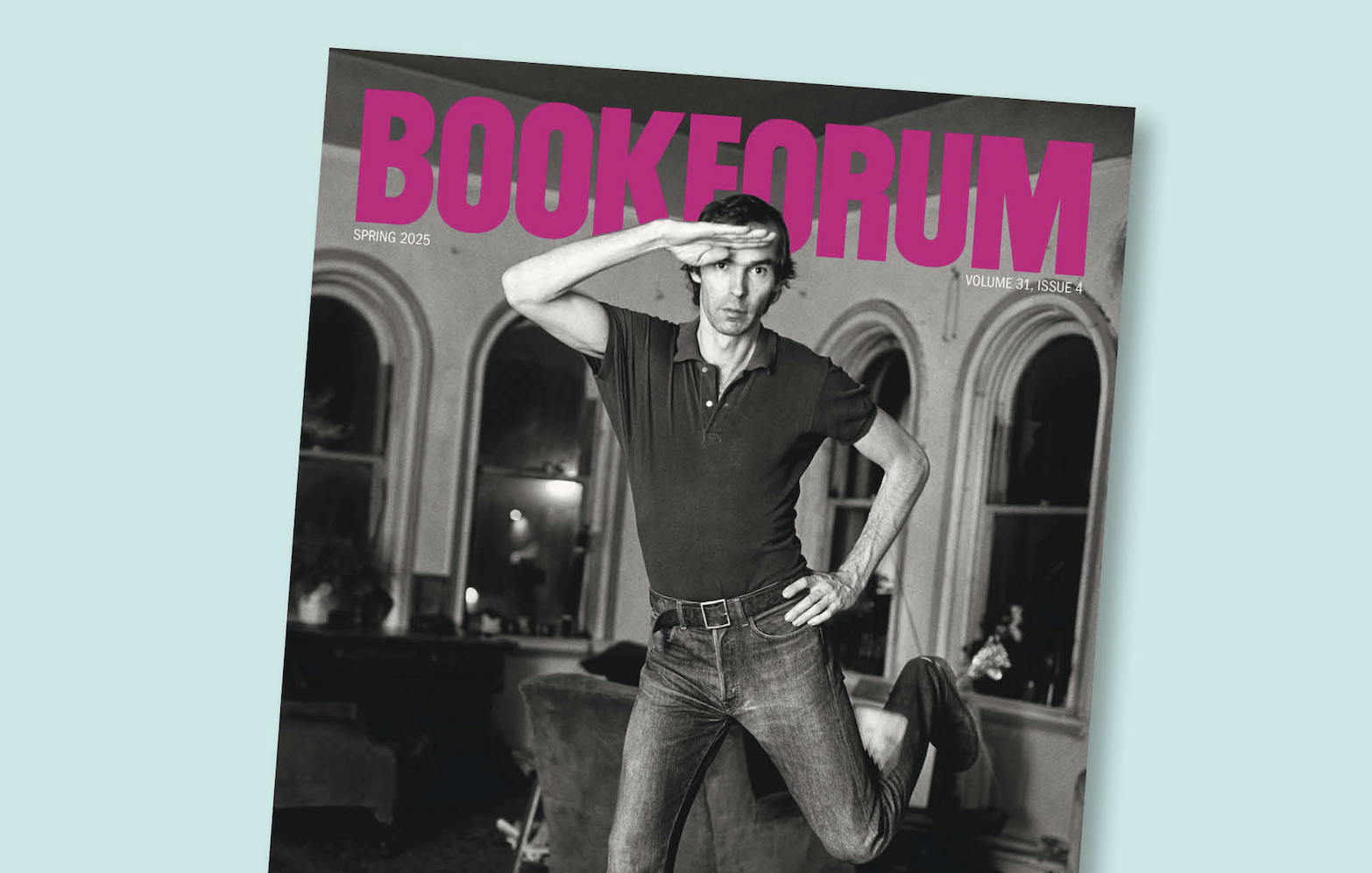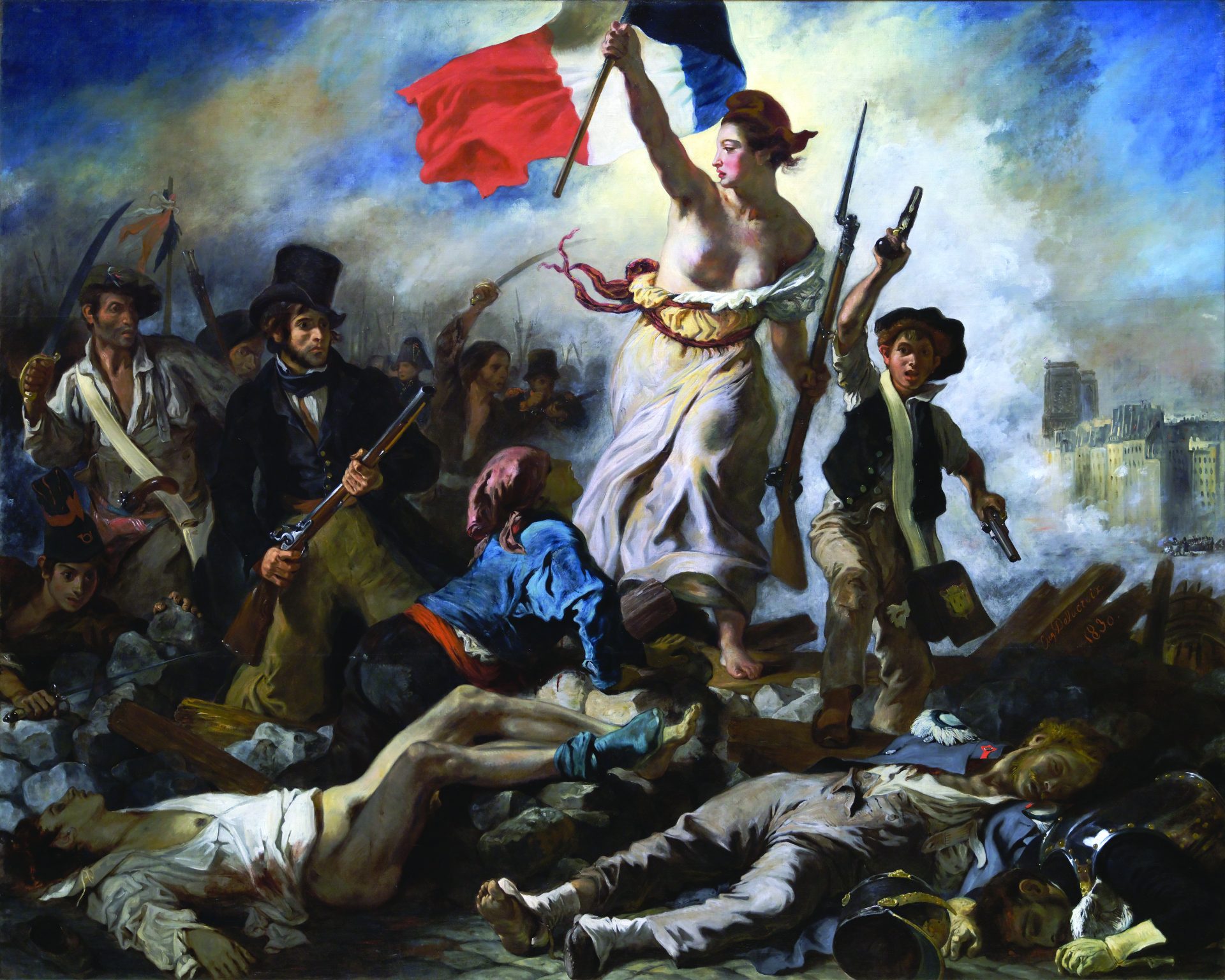
Misha and I have been good friends for ten years. At the beginning of our friendship, we ran a barroom lecture series together called Trampoline Hall. Now, we are publishing a book called The Chairs Are Where the People Go. Initially I wanted to write a novel called The Moral Development of Misha, but after writing sixty pages, I threw it out. I had hoped to capture Misha’s way of being in the world and his opinions and point of view, but it wasn’t working as fiction. I realized that I preferred Misha’s words when they came from him, rather than when they were filtered through my imagination. Around the same time, I had begun recording conversations with my other best friend (and Misha’s girlfriend) the painter Margaux Williamson, for my novel How Should a Person Be? Perhaps, in a similar spirit to that book, I had to move closer to reality, so I asked Misha if he wanted to work on “the Misha book” together: Like the sixty-page novel about him (which he had read—and loved—its only audience ever), it would be a book of the things he was smart about, but this time the words would be his own. He agreed. We made a list of topics he could talk about, and then we met regularly at my apartment and made our way through the list. As he talked, I typed. Now that the book is being released, we met again to talk about it on a summery Tuesday afternoon in Toronto. We sat in my living room. Instead of him talking as I typed, this time we used a tape recorder.
SH: The idea was to write a book of everything you know. Do you think the book really is a good expression of everything you know?
MG: One thing that’s annoying about this premise is that every time I say, “I’ve written a book of everything I know,” I feel I have to curtail the obvious joke and say: “It’s a pretty short book.” Then the question becomes: is it everything I know? Because obviously I know all kinds of things. I know my parents’ phone number. I know that you shouldn’t eat glass. So where is the boundary?
SH: Where is the boundary?
MG: I guess we hoped to talk about things that might be of interest to a reader. The improv games that I’ve made up—that’s knowledge specific to me. So we talk about that in there. Then it’s not even so much things I know; it’s my opinions. But it does feel pretty comprehensive. I don’t find myself thinking, Oh, there’s this other thing we should have put in there.
SH: You have pointed out that in two of the five reviews of the book so far you’ve been called avuncular.
MG: Yes.
SH: What do you make of that?
MG: I suspect that I’m either married to someone’s sister or . . . [laughs] I don’t have any siblings so I think that’s the only possibility, really.
SH: [laughs] Does it hurt your feelings?
MG: No. Actually, even before the book came out, if I had to come up with a list of, like, thirty adjectives to describe how I’m perceived in the world, avuncular would be on that list.
SH: Why? What do uncles have in common with you?
MG: Well, the people in the audience at Trampoline Hall are a fair bit younger than me. I’m old enough to be their uncle. I think maybe I became avuncular once I stopped wanting to have sex with people in the audience. I think that makes for a good uncle. [laughter] And what I’m doing in the book is giving advice, but I’m kind of giving advice in a way where my authority seems limited, you know? So that’s right: someone who gives you advice with limited authority, but doesn’t want to have sex with you.
SH: You do really diverse things—you teach improv classes to non-actors, you teach charades, you ran a happiness class for your friends, you run conferences and host events: These things are hard to categorize in any neat way.
MG: It’s true. I’ve really struggled with the fact that I’ve had a lot of varied interests and do a lot of different things. I think part of what made the book an interesting project for you—from a literary standpoint—was the puzzle of how to synthesize or make sense of any one person in their diversity. Compared to a lot of people, that diversity is actually a puzzle in my life, too. So that fits in well with the literary puzzle.
SH: Do you feel all these disparate things in your life make more sense as a unity now that we’ve written the book?
MG: I’d say the bigger change is that it feels like it’s OK for them not to make sense as a unity, because I’ll see someone write about the book: It’s not totally clear what this book’s about, and that’s a great thing. I can’t help but sort of translate that into: It’s not quite clear what Misha Glouberman does, and that’s a great thing. It has so often felt like a weakness or a problem in my life—I mean, it’s been emotionally exciting to get this affirmation. Intellectually, I’m not sure I’m better off, but so far none of the reviewers have felt sorry for me! “Poor Misha Glouberman hasn’t really gotten his shit together yet.”
SH: There have only been five reviews.
MG: That’s true.
SH: Could this book have been written with anyone else?
MG: I’ve never thought about it. It was your idea. It would be a completely different book if it was written by someone else. Also, I think the book is, on some level, about our friendship. It’s your interest in me. And the way I talk in the chapters—I know that I’m talking to you. I would talk differently to someone else. I’m happy we put in the introduction of the book the story of me coming to your apartment every morning and us drinking coffee and sitting at your desk, and me talking and you typing. I hope when people read the book there’s part of their mind that continues to have that image; that I don’t just become, like, an author . . . I hope they don’t picture me sitting at a . . . a . . . typewriter?
SH: Computer. Computer. We use computers now. So what makes you a talker and not a writer?
MG: [sighs] I mean, partly I’m a very slow typist. But a lot of it is that I’m much more comfortable in dialogue. Even if that means—as in the book—you ask me a question and I talk for twenty minutes, I’m still really aware of you. The idea of just talking for some imagined audience doesn’t work for me.
SH: That’s kind of in line with the work you do, which is less about entertaining an audience than about getting the audience to interact with each other and have some experience together.
MG: Yeah, and I think I understand what I do as a service. A lot of good artists don’t—I think most good artists actually don’t think about what they do in that way, but I’m really aware of it as a service. I’m aware that I’m trying to provide these very specific people with a satisfying experience.
SH: Do you understand the book as a service, too?
MG: No! That’s part of why the book’s so baffling to me! One of the things that’s so confusing is that I sat at your desk and talked to you the way I talk to you, then it became this book which has this audience that isn’t you, and I don’t know who those people are. I really get this sort of vertigo, thinking about it. Writing it, I was like, What can I say to Sheila right now that will be interesting to her? That will keep her entertained? and so on. Then those words suddenly got abstracted.
SH: It’s funny. As a writer, I feel really happy and comfortable talking to the ether.
MG: Not me. Everything I say always has to be to someone, you know?
SH: Well, I think being a writer is about talking to the ether and talking to yourself. Do you ever talk to yourself?
MG: Oh yeah.
SH: What do you say when you talk to yourself?
MG: Stupid! Stupid! Stupid!
[laughter]
The Chairs are Where the People Go: How to Live, Work, and Play in the City is being published this month by Faber and Faber. The duo will be on tour begining July 14th in Brooklyn.





